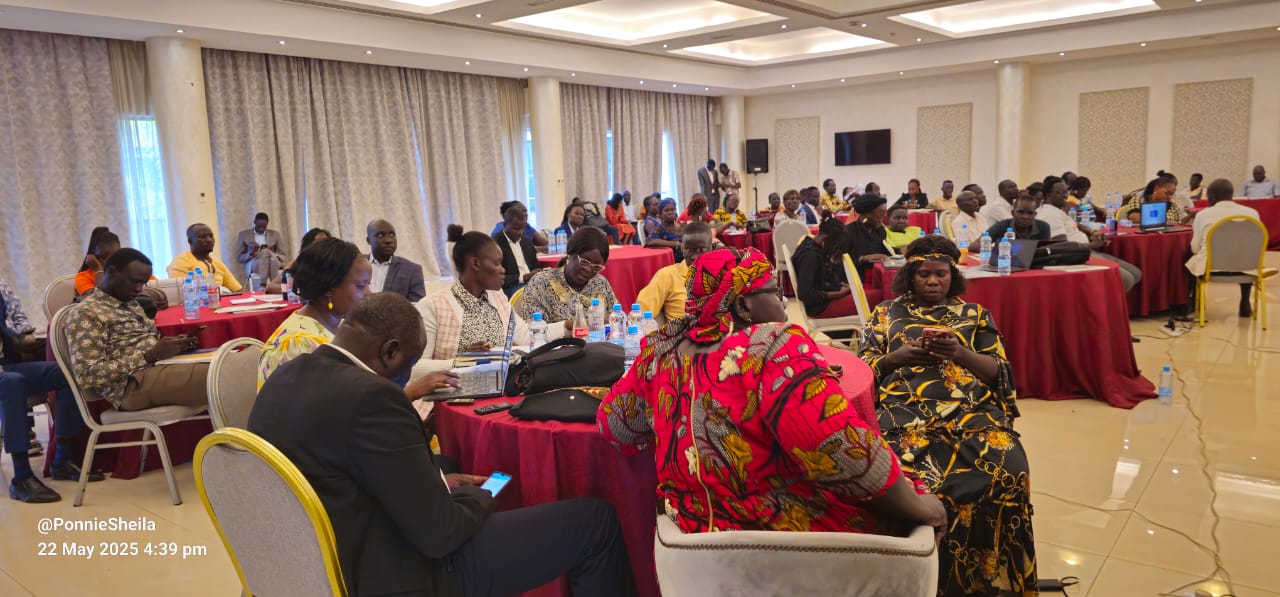
Stakeholders across South Sudan are urging that the country’s transitional justice process remain free from political interference.
This call came at the conclusion of a two-day national conference in Juba focused on selecting commissioners for key justice institutions outlined in the 2018 peace agreement.
The conference, held last week, brought together representatives from civil society, survivor networks, youth and women’s groups, persons with disabilities, and faith-based organizations.
The discussions centered on the establishment of the Commission for Truth, Reconciliation and Healing (CTRH) and the Compensation and Reparations Authority (CRA), the critical mechanisms under Chapter 5 of the Revitalized Agreement on the Resolution of the Conflict in South Sudan (R-ARCSS).
Participants adopted a unified resolution reaffirming their commitment to a transparent, inclusive, and credible selection process for commissioners.
“We affirm our unwavering commitment to a credible, transparent, and inclusive transitional justice process as a pathway to national healing, reconciliation, and sustainable peace,” said Jackline Nasiwa, Executive Director of the Center for Inclusive Governance, Peace and Justice, who presented the resolution.
The resolution also noted that several constituencies had already identified nominees for the selection panel and would submit them to the Ministry of Justice and Constitutional Affairs for official appointment.
Stakeholders urged the Revitalized Transitional Government of National Unity (RTGoNU) to safeguard the process from political manipulation and ensure that it remains community-driven.
“We call on all political actors to refrain from politicizing the transitional justice process. Any form of interference must be met with clear sanctions,” the resolution emphasized.
Survivor groups stressed the need for broader public awareness and grassroots involvement. Malala John, Chairperson of the Survivors Network South Sudan, pointed out that many communities remain uninformed about the roles of the CTRH and CRA.
“People at the grassroots don’t know what CTRH and CRA mean. We need this information translated into local languages so they can understand and participate,” she said.
Malala also highlighted the plight of children born of conflict-related sexual violence, stating that her network has documented at least 70 such cases, with estimates reaching up to 250.
“These children need healing, education, and support. They are part of our future and must not be forgotten,” she urged.
A representative from the Reconstituted Joint Monitoring and Evaluation Commission (RJMEC) welcomed the conference as a “major milestone” in implementing Chapter 5 of the peace agreement.
“The consensus among stakeholders on their representatives to the selection panel is a significant achievement. We now look forward to the appointment of the CTRH commissioners,” the RJMEC official noted.
The conference was supported by the African Union, the United Nations Mission in South Sudan (UNMISS), the United Nations Development Programme (UNDP), the International Center for Transitional Justice (ICTJ), and the United States Holocaust Memorial Museum.
Participants concluded by urging the African Union and the transitional government to expedite the long-delayed establishment of the Hybrid Court and called for sustained international support for peacebuilding and accountability efforts.

